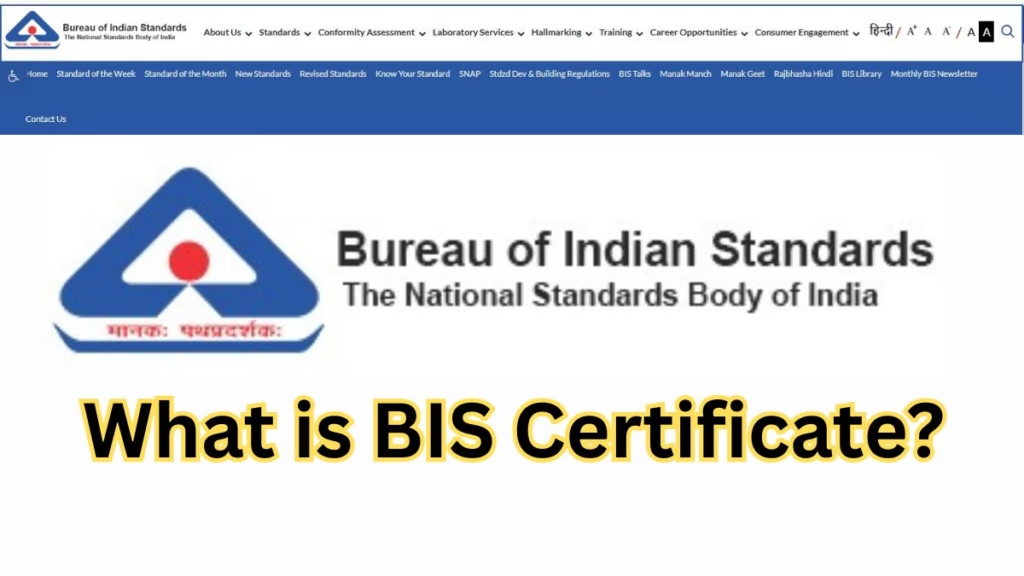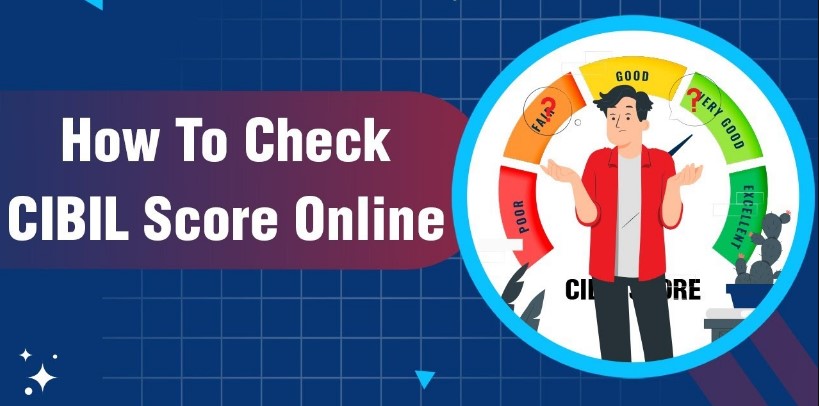If you are a manufacturer or importer in India, you’ve probably heard about the BIS Certificate. But do you really know what it means, how to get it, and why it’s crucial for your business? This article breaks it down in simple terms without jargon, without confusion.
Introduction to BIS
The Bureau of Indian Standards (BIS) is India’s national standards body under the Ministry of Consumer Affairs, Food & Public Distribution. It ensures product quality, safety, and reliability by certifying goods and services that meet Indian standards.

Table of Contents
What is a BIS Certificate?
A BIS Certificate is a mark of assurance that a product conforms to the Indian standards set by BIS. This certification can be:
- Mandatory (for critical products like electrical appliances, helmets, or pressure cookers)
- Voluntary (to enhance brand trust and market access)
BIS certification is mandatory for over 350+ products including electronics, toys, cement, and steel items.
Why is BIS Certification Important?
| Benefits of BIS Certification | Description |
|---|---|
| ✅ Legal Compliance | Mandatory for many product categories |
| ✅ Customer Trust | Builds credibility in the Indian market |
| ✅ Product Quality | Ensures standard and safety |
| ✅ Export Benefits | Simplifies entry into regulated markets |
| ✅ Tender Eligibility | Required in many government contracts |
Types of BIS Certification
- ISI Mark Scheme – For domestic manufacturers
- CRS Scheme (Compulsory Registration Scheme) – For electronics and IT products
- FMCS (Foreign Manufacturer Certification Scheme) – For foreign manufacturers selling in India
- Hallmark Certification – For gold and silver jewelry
Products that Require BIS Certification
| Category | Examples |
|---|---|
| Electronics | Mobile phones, LED lights, TVs |
| Construction | Cement, steel bars, PVC pipes |
| Kitchenware | Pressure cookers, LPG regulators |
| Toys | Wooden toys, plastic toys (mandatory from Jan 2021) |
| Automotive | Helmets, safety glass |
A full list is available at the official BIS website.
BIS Certification Process
Here’s a simplified overview of how to get BIS certified:
- Determine Applicable Standard (IS Code)
- Submit Application Form with factory details and product samples
- Product Testing at a BIS-recognized lab
- Factory Audit (in some cases)
- Grant of License after compliance verification
- Label Product with ISI/BIS mark
⚠️ For foreign manufacturers, the process includes additional documentation, and appointing an Authorized Indian Representative (AIR).
Cost of BIS Certification

| Expense Type | Estimated Cost (INR) |
|---|---|
| Application Fee | ₹1,000 – ₹5,000 |
| Product Testing | ₹25,000 – ₹80,000 (varies by product) |
| Inspection/Audit Fee | ₹7,000 – ₹20,000 |
| Annual Renewal | ₹10,000+ |
Note: Actual cost depends on the product, factory location, and testing needs.
ZED Certificate vs BIS Certificate
| Feature | ZED Certificate | BIS Certificate |
|---|---|---|
| Objective | Promote quality manufacturing in MSMEs | Ensure product safety & compliance |
| Voluntary/Mandatory | Voluntary | Mandatory for select products |
| Issuing Body | Quality Council of India (QCI) | Bureau of Indian Standards (BIS) |
| Target | MSMEs | All manufacturers/importers |
| Cost Subsidy | Yes (up to 80%) | No general subsidy |
➡️ For detailed ZED info: ZED Certification Explained
FAQs
Q1. Is BIS certificate mandatory for toys in India?
Yes. Since January 2021, all toys (including wooden toys) must be BIS-certified.
Q2. How long does BIS certification take?
Typically, 20–60 days depending on product and testing.
Q3. Can I sell without BIS if it’s not listed in the mandatory products?
Yes, for non-mandatory items it’s optional—but helpful in building brand trust.
Q4. Do I need BIS for handmade wooden items?
If not listed in the compulsory list (like toys or electrical items), then not required.
Q5. How do I check if my product requires BIS?
Visit this official BIS page to search by category.
Conclusion
The BIS Certificate is a crucial compliance document for doing safe and legal business in India. Whether you’re in electronics, construction, toys, or consumer goods—getting BIS certified means trust, quality, and market access.
If you’re a small manufacturer or exporter aiming for long-term growth, it’s a wise move to understand and adopt BIS certification today.
References
- BIS Official Website
- Products Under Compulsory Certification
- ZED Certification Portal
- Ministry of MSME – India
“Love this Article? Read our other article”
- ZED Certification for MSMEs in India: A Complete Guide to Benefits, Cost, and Application Process | Click Here
- Shocking Eating an Apple Daily for a Month? You Won’t Believe What Happens! | Click Here
- 5 Amazing Benefits of Tulsi (Holy Basil) and 1 Mistake You Should Avoid!
Click here - When is Tulsi Vivah (Tulsi Marriage) in 2025? Learn the Date, Significance, and 5 Amazing Benefits of this Sacred Tradition
Click here - Unpeeled Apples Benefits: Why You Should Never Peel an Apple Again! | Click Here

